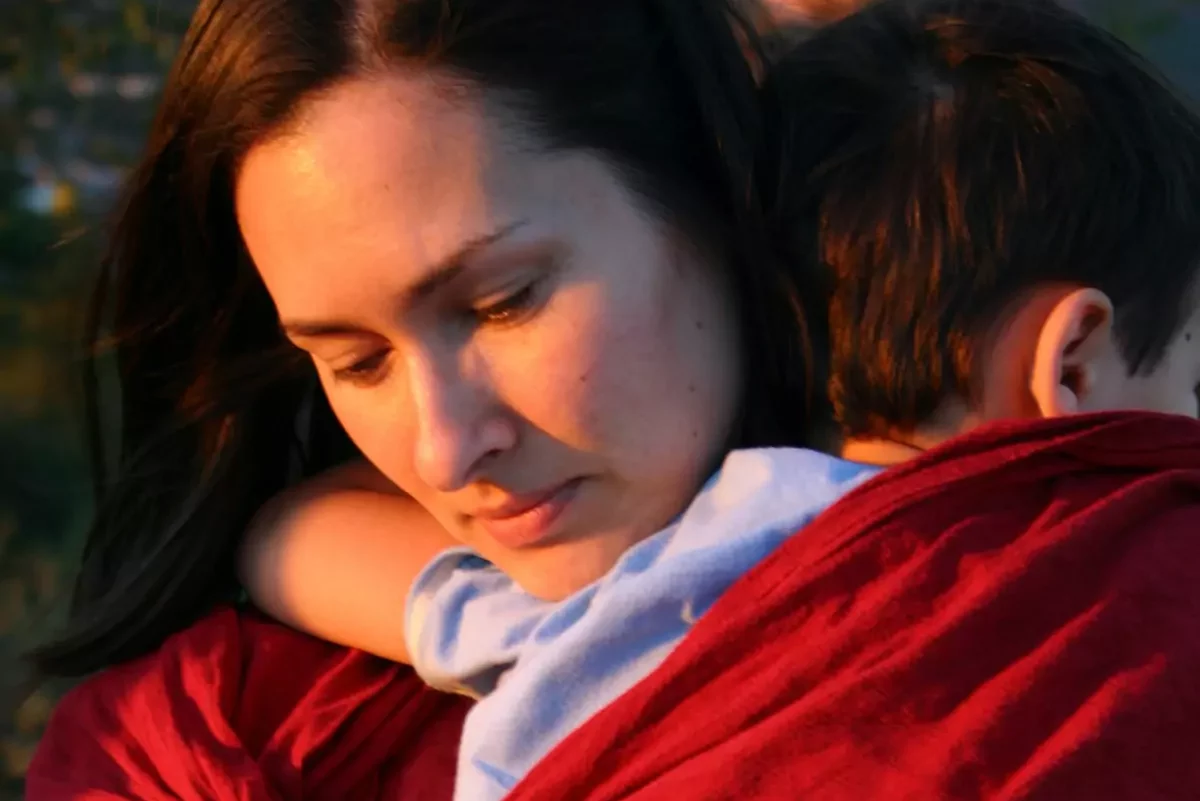From December 2023, all victims of domestic abuse in France are eligible to receive government assistance to help get them out of imminent danger and cover pressing expenses.
The constant fear and uncertainty of being in an abusive relationship often traps the victim in a situation that is not safe or healthy for that person, not to mention for any dependents living in the home.
Now the French government has decided to offer a helping hand to those who feel stuck or unable to leave due to financial circumstances. As of 1st December, the government will provide a stipend to enable the victim to “quickly leave the home, take shelter and meet immediate expenses” with an amount dictated by their level of resources and the number of children to support.
HOW IT WORKS
This universal emergency assistance for victims of domestic violence can be claimed by spouses, people who are in a PACS or legal civil partnership or agreement, or persons in a committed relationship.
The funds will be paid in one instalment within three to five days of the request and documentation of an act of violence. This can be done by lodging a formal complaint, alerting the public prosecutor and being issued a protection order by the family courts.
The victim must then submit one of these documents to the Caisse d’Allocations Familiales (CAF) or to the Mutualité Sociale Agricole (MSA) in person or online via www.caf.fr or www.msa.fr. Any documentation presented must be less than a year old. Alternatively, the victim can request the application be filed at the same time as the lodging of their complaints via a simplified form.
Depending on the situation, assistance will come in the form of a loan or an outright grant.
For those with no children, they will get 1.5 times the minimum wage (SMIC), currently €2,029 per month. With one child, that figure increases to a monthly stipend of €3,044. For two children, it is €3,653, and for those with three or more dependents, it is €4,465 monthly.
For those being gifted the funds, there is a review each 1st April to reassess the victim’s circumstances.
The perpetrator of the abuse may be ordered by the courts to repay the loan, rather than the victim. This is not a guarantee, but a likelihood.
Join the Monaco Life community – the largest English media in the Principality.
Sign up for the Monaco Life newsletter, and follow us on Facebook, Instagram , LinkedIn and Tik Tok.
Photo source: Kirk Cameron, Unsplash
